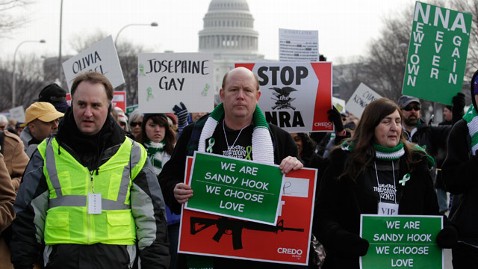SANTIAGO: European and Latin American leaders pledged here Saturday to shun protectionism and boost their strategic partnership to foster free trade.
Some 60 countries are represented at the summit between the 27-member European Union and the Community of Latin American and Caribbean States (CELAC).
Set up in Caracas in December 2011 at the behest of Venezuela, CELAC groups all nations from across the Americas except the United States and Canada and aims to boost regional trade and integration.
Chilean President Sebastian Pinera, the two-day summit's host, opened the session with a call for a new "strategic alliance to achieve sustainable development."
And indeed participants unanimously adopted a summit statement extolling their "strategic partnership to achieve sustainable development."
They also reiterated their commitment "to avoid protectionism in all its forms" and to "favour an open and non-discriminatory, ruled-based multilateral trade system."
"We firmly reject all coercive measures of unilateral character with extra-territorial effect that are contrary to international law and the commonly accepted rules of free trade," the statement said.
The leaders also pledged to continue working together "toward a new international financial architecture."
And they backed concrete actions to bolster law enforcement cooperation "to dismantle criminal organizations, all within the full respect of human rights and international law."
There was also support for the convening of a special UN General Assembly session on the global drug problem.
The leaders also gave a nod to "the universality and indivisibility of human rights as laid out in the Universal Declaration of Human Rights."
It was the seventh summit between the two blocs but the first since the creation of CELAC. The two sides agreed to hold the next EU-CELAC summit in Brussels in 2015.
The EU is the biggest outside investor in Latin America, accounting for three percent of direct foreign investment in CELAC or $385 billion in 2010.
EU officials noted that the figure exceeds the combined investment in China, Russia and India.
"We need a strong political commitment to rein in protectionism and promote liberalization," European Commission President Jose Manuel Barroso told a meeting of business chiefs leaders shortly before the political summit's opening.
Powerful German Chancellor Angela Merkel, whom the Chilean press has dubbed "Europe's boss," called for "cooperation without barriers to trade."
"The dynamic development of this entire region shows that we, within the EU, must strive to ensure we are not left behind, to improve our competitiveness, reduce our debt. We cannot live on the backs of future generations," she added.
The Europeans are particularly keen on securing the speedy conclusion of a free trade pact between the EU and the South American trading bloc Mercosur.
Negotiations have so far stumbled over differences on agriculture -- notably Europe's subsidies to its farmers, which undermine Latin America's efforts to sell its own products.
Argentine President Cristina Kirchner, who has taken some protectionist measures, said that the EU-Mercosur negotiations, launched in 2004, must restart on a "new basis" that can clear the way for a deal.
"The negotiations with the EU cannot be based on decisions made in 2004. We need new premises, first among all Mercosur members, not just between Brazil and Argentina," she said after a bilateral session with Rousseff.
Kirchner suggested establishing an ad hoc Mercosur panel to come up with new proposals and make a new offer to the EU later this year.
Meanwhile, a Venezuelan minister said here that President Hugo Chavez has beaten a severe respiratory infection that occurred after his latest cancer surgery in Cuba.
"The respiratory infection has been overcome, although there still is some degree of breathing difficulty that is being treated appropriately," Communications Minister Ernesto Villegas said on the sidelines of a EU-CELAC summit.
Chavez, who had surgery on December 12, has not been seen in public since he left Caracas for surgery at a hospital in Cuba.
Monday, the 33 CELAC leaders will hold their own summit here, with Cuba taking over chairmanship from Chile for one year. They are hoping to overcome ideological and economic differences to foster greater regional integration.
The meeting will seal Cuba's full regional reintegration and mark a major diplomatic coup for 81-year-old President Raul Castro. Cuba, the only non-democratic Communist-ruled country in the Americas, has been under a US economic embargo since 1962.
- AFP/fa












